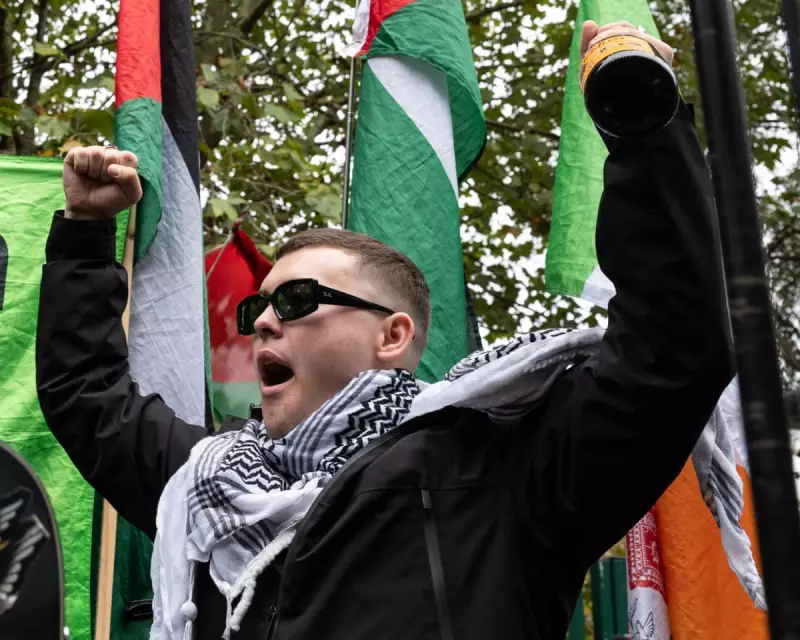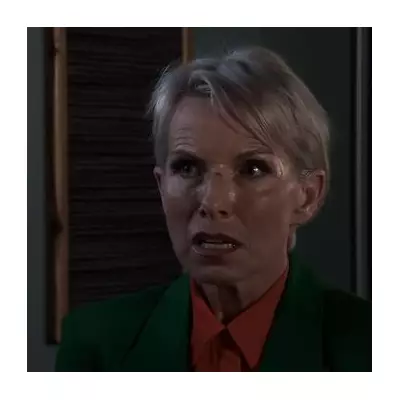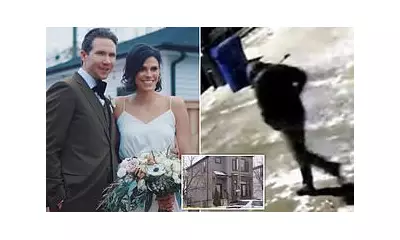
The Crown Prosecution Service has launched a dramatic appeal against a judge's decision to dismiss terrorism charges against Liam Óg Ó hAnnaidh, member of the controversial Irish rap group Kneecap, setting the stage for a landmark legal battle over free speech in British music.
Legal Showdown Over Dismissed Charges
Prosecutors are fighting to reinstate the terrorism-related case that was thrown out earlier this year. The original charges stemmed from content the Belfast-born artist shared online, which authorities alleged violated terrorism legislation.
District Judge John Zani had previously ruled that the case against the 31-year-old musician should not proceed to trial, dealing a significant blow to the prosecution's argument that Ó hAnnaidh's actions crossed into criminal territory.
Kneecap's Provocative Persona
The Irish-language rap trio Kneecap has never shied away from controversy, blending raw political commentary with their unique musical style. Their work often tackles themes of Irish identity and historical conflict, making them both celebrated and divisive figures in contemporary music.
Ó hAnnaidh, known for his stage presence and unapologetic lyrics, has become a symbol of the ongoing tensions between artistic expression and legal boundaries in post-conflict Northern Ireland.
Broader Implications for Artistic Freedom
This appeal represents more than just another court case—it could establish crucial precedents for how terrorism legislation applies to artistic expression in the United Kingdom. Legal experts are closely watching the proceedings, recognising the potential impact on musicians, writers, and artists across the nation.
The outcome may redefine where the line is drawn between political art and criminal incitement, particularly for artists addressing sensitive historical and political themes.
What Comes Next in the Legal Battle
With the CPS formally filing appeal papers, the case now moves to a higher court where a panel of judges will reconsider whether the terrorism charges should be reinstated. The appeal process could take several months, during which Ó hAnnaidh remains free but under the shadow of potential prosecution.
The music community and free speech advocates are rallying behind the artist, while law enforcement authorities maintain that certain forms of expression must be curtailed in the interest of public safety and national security.
This developing story continues to highlight the complex relationship between art, politics, and the law in modern Britain.





